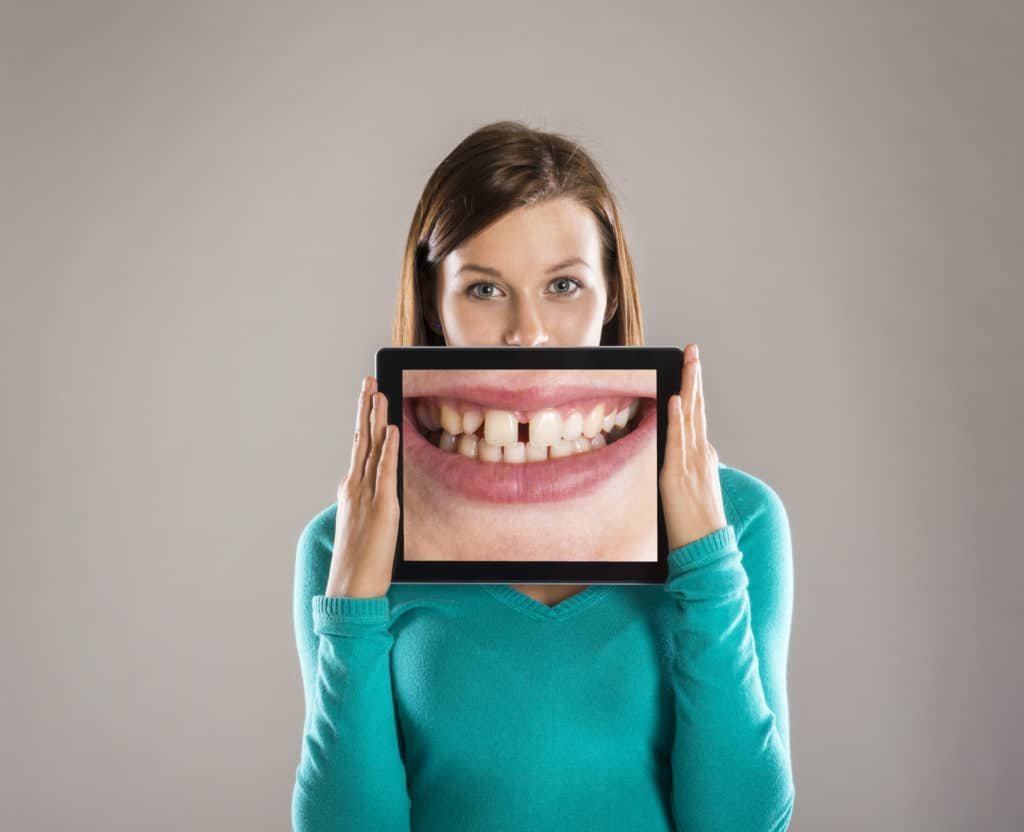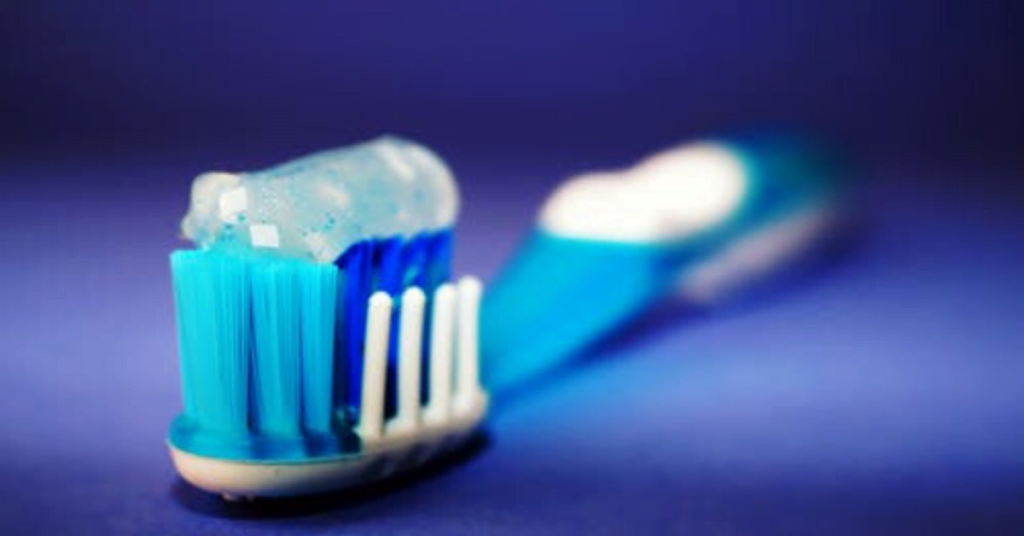Regular dental checkups are a cornerstone of maintaining optimal oral health. These routine visits not only help in detecting oral issues early but also play a vital role in preventing serious dental problems. From professional cleanings that remove plaque and tartar to personalized advice on oral hygiene practices, dental checkups offer a comprehensive approach to oral care. But, there's more to the benefits of regular dental visits than meets the eye. By understanding the intricate connection between oral health and overall well-being, individuals can unlock a path to a healthier future.
Early Detection of Oral Problems
Early recognition of potential oral issues through regular dental checkups is crucial in maintaining optimal oral health. During these checkups, dentists can identify early signs of problems such as cavities, gum disease, oral cancer, and misalignments.
Detecting these issues in their initial stages allows for timely intervention, preventing further deterioration and the need for more invasive treatments. A visit to a Dental Care Clinic In Banjara Hills can help you catch these problems early, ensuring that your oral health is well-maintained with minimal intervention.
For instance, identifying a small cavity early on can prevent it from progressing into a larger cavity that may require a root canal or tooth extraction. Similarly, catching gum disease in its early stages can help prevent irreversible damage to the gums and surrounding structures.
Regular dental checkups also provide an opportunity for dentists to educate patients on proper oral hygiene practices and offer personalized advice based on their specific needs.
Professional Teeth Cleaning
Regular dental checkups also involve professional teeth cleaning, a vital component in maintaining good oral health and preventing various dental issues. Professional teeth cleaning, performed by a dental hygienist or dentist, plays a crucial role in removing plaque and tartar buildup that regular brushing and flossing may not effectively eliminate.
During a cleaning session, special tools are used to scrape off these hardened deposits, reducing the risk of gum disease, cavities, and bad breath.
Moreover, professional teeth cleaning helps in polishing the teeth, leaving them smooth and less prone to accumulating plaque in the future. This process not only enhances the aesthetic appearance of the teeth but also contributes to overall oral health.
Additionally, dental professionals at a Top Dental Hospital In Banjara Hills can provide personalized advice on proper oral hygiene techniques and recommend suitable products for individual needs during these cleaning sessions.
It is recommended to undergo professional teeth cleaning at least twice a year to maintain optimal oral health and prevent more serious dental problems from developing. By incorporating regular cleanings into your oral care routine, you can enjoy a healthier smile and reduce the likelihood of requiring extensive dental treatments in the future.
Preventing Tooth Decay
Routine dental checkups play a pivotal role in implementing effective strategies to prevent tooth decay. During these checkups, dentists can identify early signs of decay, such as cavities or weakening enamel, allowing for prompt intervention to halt the progression of decay.
One of the primary preventive measures employed during these checkups is the application of dental sealants. These thin protective coatings are applied to the chewing surfaces of molars and premolars, acting as a barrier against bacteria and food particles that can cause decay.
Furthermore, dentists educate patients on proper oral hygiene practices, including brushing and flossing techniques, as well as the importance of a balanced diet low in sugary and acidic foods. Fluoride treatments may also be recommended to strengthen enamel and make teeth more resistant to acid attacks.
Regular dental checkups enable dentists to monitor changes in the condition of the teeth and provide personalized recommendations to mitigate the risk of tooth decay.
Gum Disease Prevention
Effective management of gum disease involves implementing proactive strategies to prevent its occurrence and progression. Preventing gum disease primarily revolves around good oral hygiene practices. Regular brushing using fluoride toothpaste, flossing daily, and using an antiseptic mouthwash can help remove plaque and bacteria that lead to gum inflammation.
Additionally, maintaining a balanced diet low in sugary foods and beverages can contribute to gum disease prevention by reducing the amount of sugar available for bacteria to feed on.
Visiting your dentist for routine checkups and professional cleanings is crucial in preventing gum disease. During these visits, your dentist can detect early signs of gum disease and provide guidance on proper oral hygiene techniques. If you are at a higher risk of gum disease due to factors like smoking, diabetes, or genetic predisposition, your dentist may recommend more frequent checkups to monitor your oral health closely. For individuals with missing teeth, Dental Implants Treatment In Banjara Hills can also be an effective solution to restore oral health and prevent further complications.
Oral Cancer Screening
Conducting oral cancer screenings is a vital component of comprehensive dental care to detect potential signs of oral cancer at an early stage. Oral cancer can manifest in various forms, including sores, lumps, or rough areas in the mouth, lips, or throat that may indicate the presence of malignant cells. Early detection through regular screenings significantly increases the chances of successful treatment and improved outcomes for patients. Dentists are trained to perform thorough oral cancer screenings during routine checkups by examining the oral cavity, head, and neck for any abnormalities or suspicious lesions.
Screening for oral cancer involves visual inspection and palpation of oral tissues to identify any concerning changes. Additionally, some dental practices incorporate advanced technologies like VELscope or ViziLite to enhance the detection of early-stage oral cancer.
Patients are encouraged to undergo regular oral cancer screenings, especially if they have risk factors such as tobacco use, heavy alcohol consumption, or a history of oral cancer in the family. By prioritizing oral cancer screenings as part of routine dental care, individuals can proactively safeguard their oral health and well-being.
Customized Oral Care Plan
Developing a personalized oral care plan is integral to maintaining optimal dental health and addressing specific needs identified during oral cancer screenings. After an oral cancer screening, your dentist will evaluate your oral health status, including factors such as gum health, teeth condition, and oral hygiene practices. Based on this assessment, a customized oral care plan will be tailored to meet your individual needs.
A personalized oral care plan typically includes recommendations on oral hygiene practices, such as brushing techniques, flossing, and the use of additional oral care tools like mouthwash or interdental brushes. It may also involve guidance on lifestyle factors that can impact oral health, such as diet choices and tobacco use cessation.
Regular dental checkups play a crucial role in monitoring the effectiveness of your personalized oral care plan. Your dentist will track your progress, make any necessary adjustments to the plan, and provide preventive treatments to maintain your oral health. By following a customized oral care plan, you can effectively prevent dental issues and promote long-term oral health.
Addressing Bad Habits
Addressing detrimental behaviors and lifestyle choices is essential in maintaining optimal oral health and preventing dental issues. Habits such as smoking, excessive consumption of sugary foods and drinks, inadequate oral hygiene practices, and teeth grinding can significantly impact oral health.
Smoking not only stains teeth but also increases the risk of gum disease and oral cancer. Sugary foods and drinks contribute to tooth decay and cavities if proper oral hygiene is not maintained. Poor oral hygiene, including irregular brushing and flossing, can lead to plaque buildup, gingivitis, and eventually periodontal disease. Additionally, teeth grinding, often caused by stress, can wear down tooth enamel and lead to jaw pain.
Addressing these bad habits involves a combination of patient education, behavior modification, and personalized preventative care plans. Dental professionals play a crucial role in identifying these habits during regular checkups and providing guidance on how to effectively address and modify them for improved oral health.
Maintaining Overall Oral Hygiene
Proper maintenance of overall oral hygiene is fundamental in preventing dental issues and promoting oral health. Brushing your teeth at least twice a day with fluoride toothpaste helps remove plaque, a sticky film of bacteria that can lead to tooth decay and gum disease.
Flossing daily is equally important as it cleans between teeth where a toothbrush can't reach, reducing the risk of cavities and gum inflammation. Mouthwash can complement brushing and flossing by reducing plaque, freshening breath, and promoting healthy gums.
In addition to regular brushing, flossing, and mouthwash use, maintaining a balanced diet low in sugary foods and drinks also plays a significant role in oral hygiene. Limiting sugary snacks and beverages helps prevent tooth decay and gum disease. Drinking an adequate amount of water throughout the day can also help wash away food particles and bacteria, contributing to overall oral health.
Furthermore, scheduling regular dental checkups and cleanings every six months is essential in maintaining optimal oral hygiene. During these visits, dentists can detect early signs of dental issues, provide professional cleanings to remove stubborn plaque and tartar, and offer personalized advice on how to improve oral care practices.
Regular dental checkups play a vital role in improving oral health. They enable early detection and prevention of various oral problems. Through professional teeth cleanings and personalized advice, individuals can maintain optimal oral hygiene. Regular checkups also help prevent serious dental issues and address bad habits.
By prioritizing regular dental checkups, individuals can effectively enhance their overall oral health and well-being.



